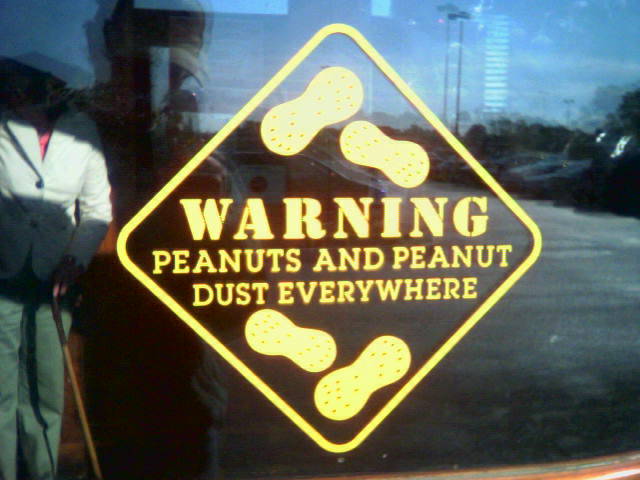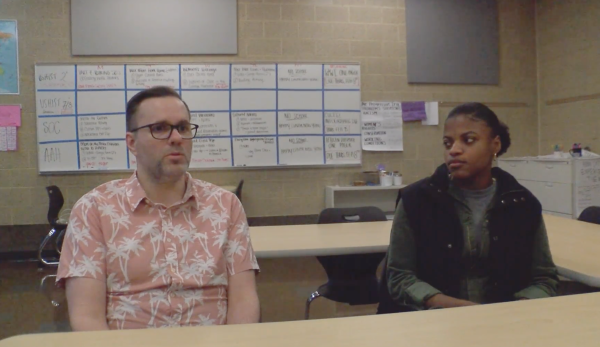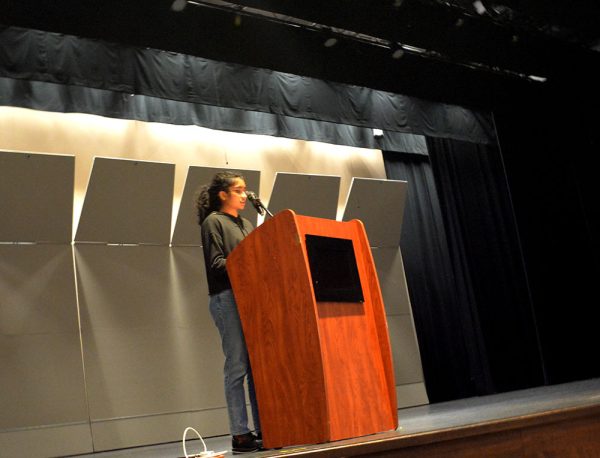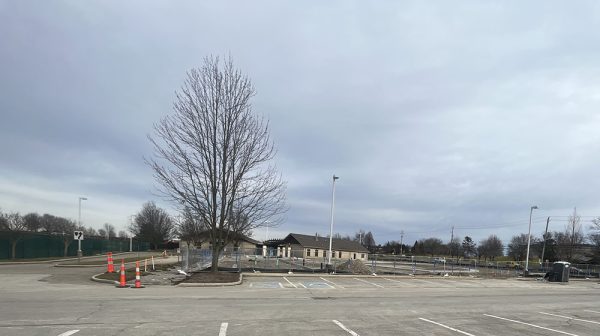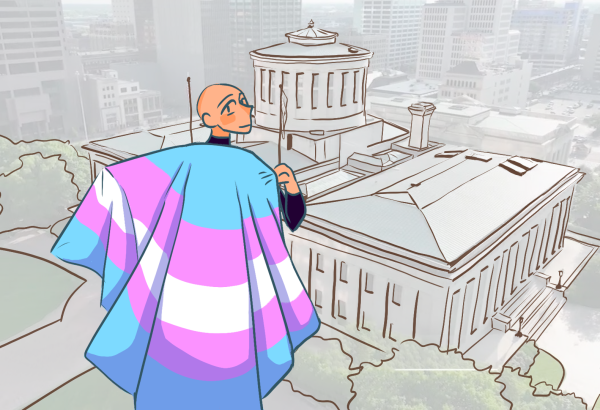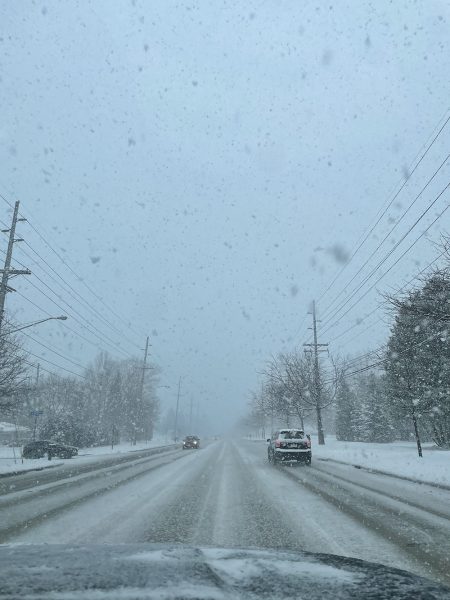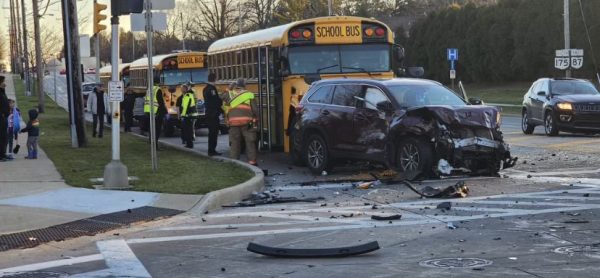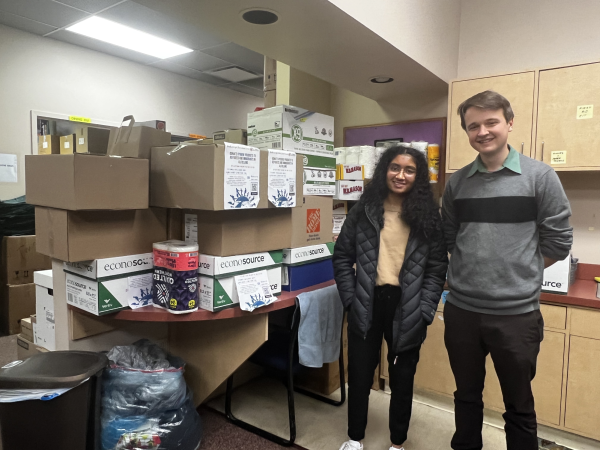Food Limited to Cafeteria to Protect Students With Severe Allergies
Due to an increase in numbers of students with severe nut allergies, food has been restricted to the cafeteria this year. Students are no longer allowed to eat in the hallways or in classrooms.
Nurse Kelly Debeljak made the announcement to staff the day before school started, and students learned of the new rule from administrators on the first day of school.
“BHS currently has over 40 students with varying degrees of peanut and nut allergies,” Debeljak wrote in an email. “Because of this, the high school has implemented the same procedure the middle school has followed for the past three years, which is to restrict all student eating to the cafeteria unless they have a medical condition that requires them to eat throughout the day or if their schedule does not have a lunch period.”
Although students were never technically permitted to eat in class, in prior years many teachers have been lenient about the rule, and some have even held parties with themes relevant to their course content.
“Students can remove food from the cafeteria if they were unable to finish their lunch or would like to save something for after school,” Debeljak added. “[When this happens, food] needs to be properly stored in a backpack or locker.”
After a meeting during the second week of school, the rule was modified… School officials made the procedure more lenient towards teachers.
As a public school, education should be accessible to all students no matter what medical condition(s) they may have.
— School nurse Kelly Debeljak
“We decided that teachers can eat whatever they want in their rooms; however, teachers will be provided with cleaning products to clean their areas,” Debeljak explained.
Additionally, classes who would want to hold parties with food will have to book the community room in advance.
According to Debeljak, the nut free tables in the cafeteria used to be a sufficient measure to address the health risks to allergic students when the allergies were not as severe, but needs have changed.
“As a public school, education should be accessible to all students no matter what medical condition(s) they may have,” Debeljak wrote.
While school officials are being careful to protect students with allergies, the school is not nut free. Students are allowed to bring nut items in the school provided they eat in a secure environment.
History teacher Dominic Velotta explained that he also has a deadly nut allergy. As a child, he went into anaphylactic shock and nearly died after ingesting a nut item.
“Some teachers at the staff meeting felt this was too much of an inconvenience to restrict all nut foods and force kids to adhere to these rules,” he said. “But I stressed how an inconvenience can save a life.”
“I want to establish the idea that we can go about our daily lives while keeping precautions as well,” he added.

Nam Nguyen has been writing for The Beachcomber since the fall of 2015. He reports on a variety of topics in the school and community. Nam has covered...



